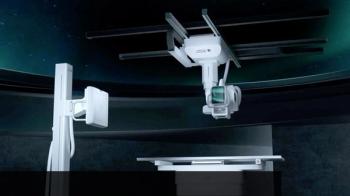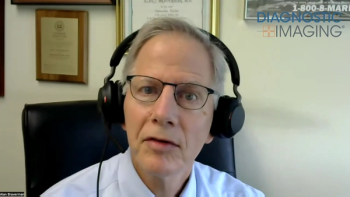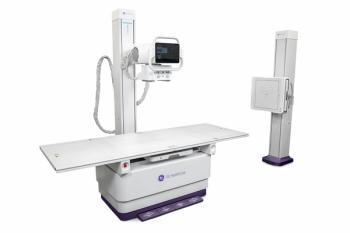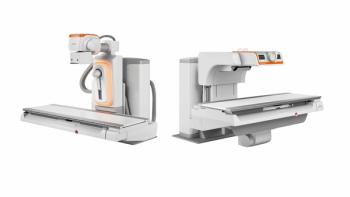
Patients Don't Find Radiography Prices Easily
Patients seeking prices for radiography examinations may face delays and variability, according to a study presented at ACR 2016.
Pricing for standard radiography varies widely and is not always easily obtained by patients seeking the information, according to a
Researchers from the University of Pennsylvania in Penn Valley sought to examine the difficulty level for people to obtain pricing data for common radiology examinations, and if the availability of pricing data varied between hospitals and stand-alone imaging centers.
The researchers performed telephone interviews as an uninsured patient who was seeking information regarding the costs for three standard radiologic exams:
• Two-view chest X-ray (CXR)
• Abdominal/pelvic CT with contrast
• Pelvic ultrasound (TVUS)
Six regional hospitals and five stand-alone imaging centers in the tri-state region were surveyed.
The results showed that 91% of the practices provided prices on the same day as the request; 9% failed to respond within three business days, despite a follow-up call, and the prices varied considerably between facilities:
The price means quoted by the hospitals varied more than the prices from stand-alone facilities:
Obtaining prices from hospitals was also more difficult and required more phone transfers (1.7 transfers); no phone transfers were required from stand-alone facilities:
The researchers concluded that there is a high variability in radiographic examination pricing, and that patients had more difficulty obtaining this information from hospitals than from stand-alone imaging centers.
Newsletter
Stay at the forefront of radiology with the Diagnostic Imaging newsletter, delivering the latest news, clinical insights, and imaging advancements for today’s radiologists.












